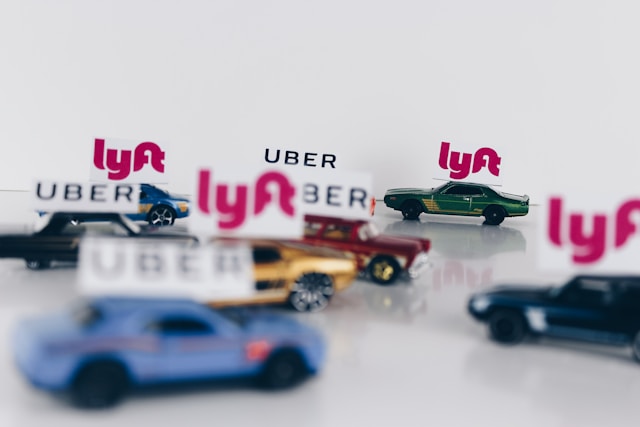Political meddlers like to mess with everything, including ride-share companies. Early on, it was to protect cab companies that exercised political power to retain their cartel. Later, when and where that didn’t work, the busybodies put their dirty fingers in the wage pie. You don’t pay your drivers enough. We’re making you pay them more.
Did rideshare operations not have enough people choosing to work for them? That does not appear to have been an issue, but like any gathering of Democrats, the Minneapolis City Council knows better. They passed a city ordinance that would require ride-share companies to pay drivers $1.40 per mile and 51 cents per minute. The thinking, as if there was any involved, is that this would raise their “minimum wage” to over $15.00 an hour, as required by the city. Democrats are bad at math, but that doesn’t stop them from trying.
Uber and Lyft made it clear that if the new rules go into effect—slated for May 1st—they will stop doing business in Minneapolis. Thanks to busybody Democrats, the new minimum wage for their drivers would be the only true minimum wage—zero.
In early March both Uber and Lyft threatened to leave Minneapolis by May 1, after the council upped driver-pay requirements to $1.40 per mile and 51 cents per minute. Councilmembers said it was necessary to ensure drivers earned the equivalent of Minneapolis’s $15.57 minimum wage. But they determined the new pay rates without getting local data from Uber and Lyft and they didn’t invite company leaders to engage in their process.
Not everyone on the city council drinks from the same bucket of stupid.
[Councilwoman LaTrisha] Vetaw said her constituents have been living with “fear and anxiety” over whether they’ll be able to get to work or pick up their children from school, and called on her colleagues to find the “courage” to fix the policy.
“In this work, we all need to be willing to admit when we get things wrong,” she said. “I think this is just a bad policy and we need to go back and fix it.”
Ride-sharing has become a thread in the fabric of modern existence, something people rely on, like electricity and water. From the work itself, turning idle hours into income, to the ubiquity of knowing you can get a ride at a reasonable rate with a few taps on a smartphone. I suppose that explains it. Meddlers have done their best to make water and electricity unaffordable. Why not rideshare? And they tried, but you can’t make them stay (Uber or Lyft), and their promise has encouraged Minneapolis to slow its roll. The city council voted this week to delay implementation for two more months.
The decision to delay the implementation of the city’s rideshare pay rules from May 1 to July 1 was intended to buy time for the Minnesota legislature to implement a statewide policy that could override the city’s ordinance and for upstart rideshare companies looking to replace Uber and Lyft to enter the market.
I’m not familiar with the unnecessary rules the state has implemented to meddle, but I like the idea of opening up the marketplace to competition. More is better, but that doesn’t change the problem created by the mandated pay hike. Rideshare companies aren’t going to eat that; consumers will bear the mandated costs. But the real cost of meddling doesn’t stop there.
“This ordinance started with a good intent to ensure that every rideshare driver earned the city-mandated minimum wage. But it is now so tainted with negative public opinion and outcry that I find it unsalvageable,” Palmisano said, adding that her constituents are “upset, angry, frustrated, and downright despondent over this ordinance.”
She said there have already been negative effects: some drivers who had financed their vehicles have had them recalled, and one of her constituents who is nearing completion of a college degree is losing tuition assistance from one of the companies.
“These aren’t hypotheticals,” she said. “They’re already happening.”
Isn’t there a saying about government and good intentions?
